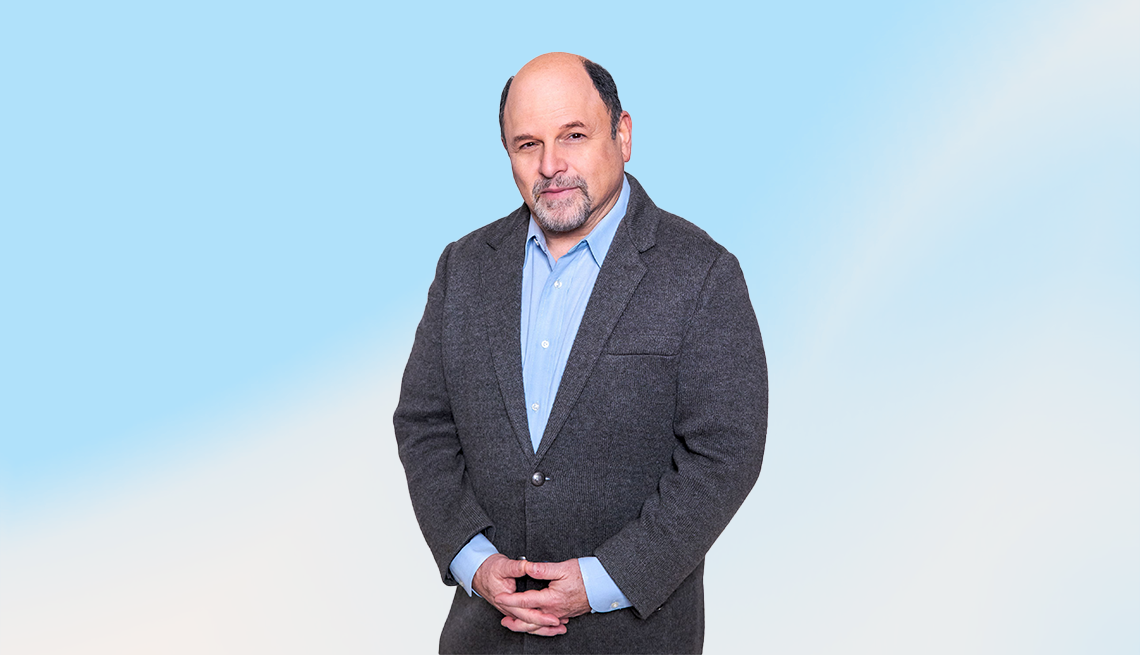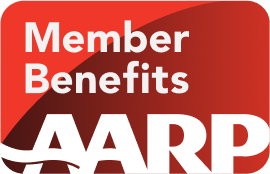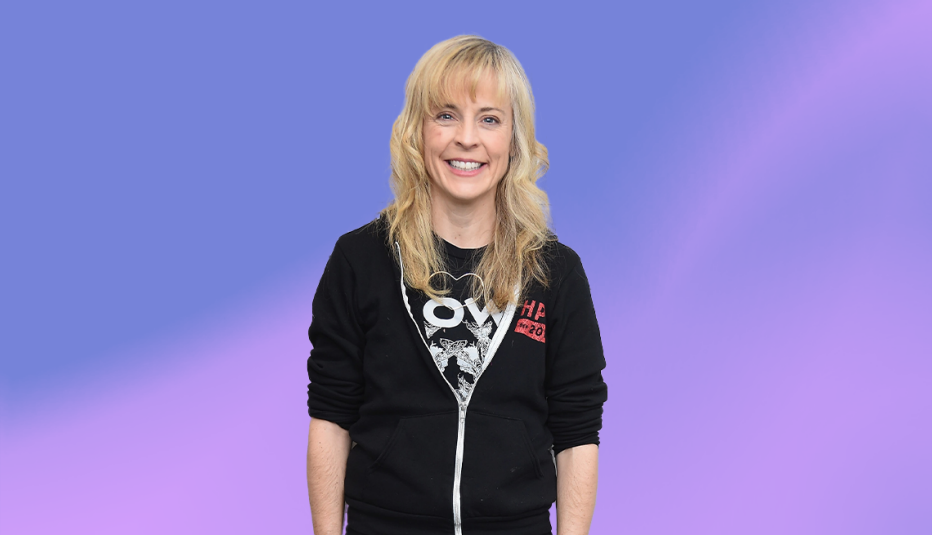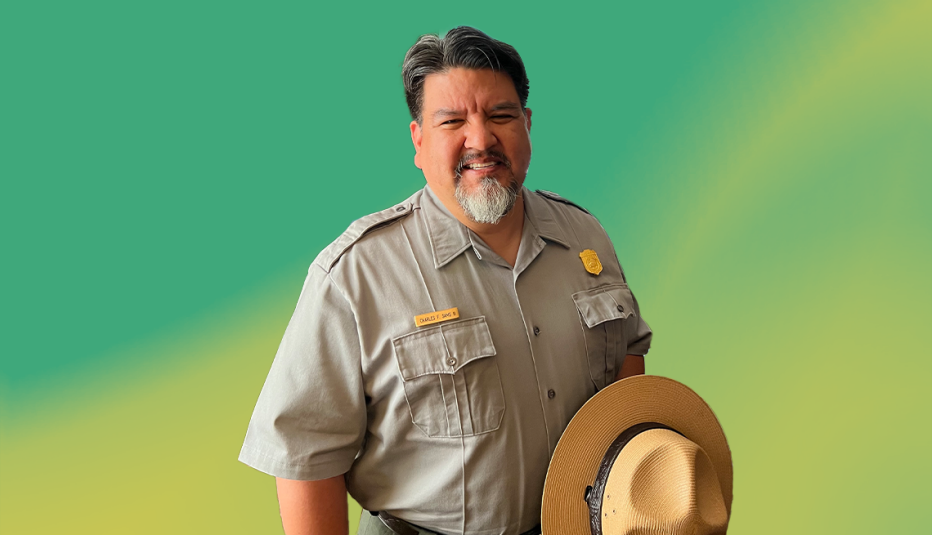Staying Fit
Seinfeld alum Jason Alexander, 63, recently made his Broadway directing debut with The Cottage, a comedy inspired by the works of Noël Coward that runs through Oct. 29. “What’s amazing about Broadway is you have access to bigger and better talents and tools, but you also have an audience that goes, ‘Hey, this is Broadway,’ so their expectations are very high,” Alexander says. He shares whether he has any Broadway superstitions, how he spends his downtime and what he thinks George Costanza would be up to today.
Note: This interview was conducted before the SAG-AFTRA strike was announced on July 14.
Do you remember the first Broadway show you ever saw?
I kind of do, but I may remember it more because of my response to it. Wisely or not, [my parents] took me when I was either 4 or 5 years old to see Fiddler on the Roof on Broadway. The story goes that — it’s a little bit of an optimistic choice to take a child that young to the theater and expect them to behave — I was rapt and just amazed and focused on what was happening. Apparently I was going to be an avid theatergoer even if I didn’t wind up working in the theater.
Do you have any Broadway superstitions?

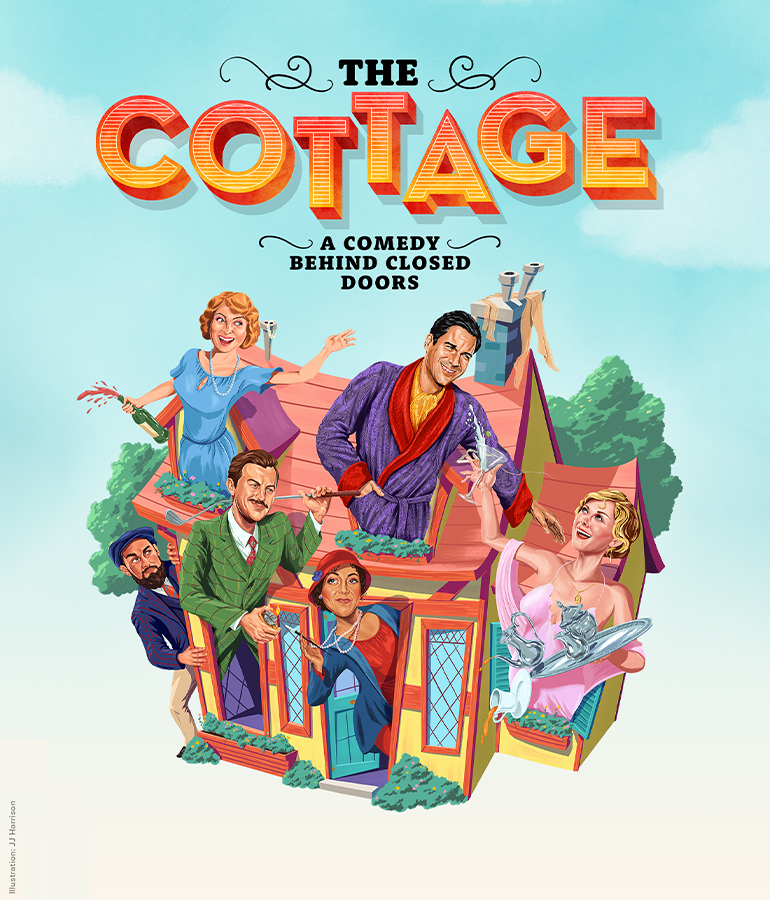
I don’t. But what I’ve learned in my nearly 50 years in the theater is you respect all of them, because somebody else really does have that superstition. I adhere to all of them. You don’t whistle backstage. You don’t mention the Scottish play [Macbeth] when you’re in the theater. There was one superstition that I almost broke because I didn’t even know this one, which is you don’t stage the bows [the actors take at the end of the play] until you get to the theater. I was going to stage it in the rehearsal space, and two people went, “No, no, no, no, you can’t do that.” I’m aware of most of them, but apparently not all of them.
Do you find filming for TV easier than acting for live theater?
It depends on what kind of television you’re talking about, because … to me, Seinfeld was always a piece of theater. We had a live audience, we had four cameras, the cameras conformed to us. There was not a lot of, “Hey, hit your marks or play this line into this camera” kind of thing the way there is on a film. We kind of did it as a stage play, and the cameras just captured it. … A comedy only becomes truly, truly fun when there’s somebody [there] to laugh.



























































